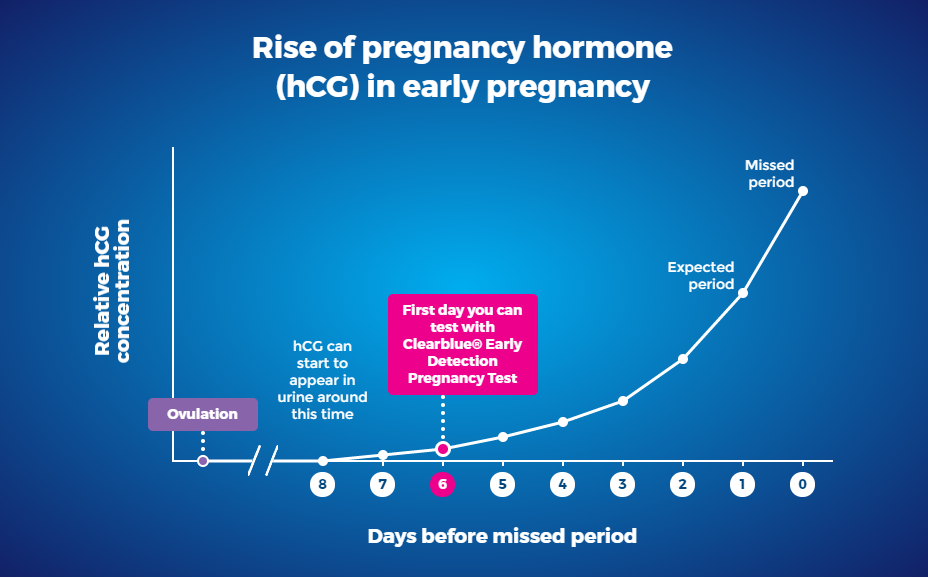
Pregnancy Test Effectiveness: A Comprehensive Guide
Introduction
Pregnancy tests are an essential tool for detecting pregnancy early on. By measuring the levels of human chorionic gonadotropin (hCG) in the urine or blood, these tests can provide a reliable indication of whether or not a woman is pregnant. However, it is important to understand the effectiveness of pregnancy tests and the factors that can affect their accuracy.
Types of Pregnancy Tests
There are two main types of pregnancy tests:
- Urine tests: These tests are the most common and are available over-the-counter. They detect hCG in the urine, which is present in the body shortly after conception.
- Blood tests: Blood tests are more sensitive than urine tests and can detect hCG earlier in pregnancy. They are typically performed in a doctor’s office or laboratory.
Accuracy of Pregnancy Tests
The accuracy of pregnancy tests varies depending on the type of test and the time of testing.
- Urine tests: Urine tests are generally accurate when used correctly. However, they may not be as sensitive as blood tests and can produce false negatives if taken too early in pregnancy.
- Blood tests: Blood tests are highly accurate and can detect hCG levels as early as 6-8 days after ovulation.
Factors Affecting Accuracy
Several factors can affect the accuracy of pregnancy tests, including:
- Timing of testing: Pregnancy tests are most accurate when taken after a missed period. Taking a test too early may result in a false negative.
- Quality of the test: Using a high-quality pregnancy test from a reputable manufacturer can increase accuracy.
- Following instructions: It is crucial to follow the instructions on the pregnancy test package carefully to ensure accurate results.
- Dilution of urine: Drinking excessive fluids before taking a urine test can dilute the hCG levels and lead to a false negative.
- Certain medications: Some medications, such as fertility drugs and birth control pills, can interfere with pregnancy test results.
False Positives and False Negatives
- False positives: False positives are rare but can occur due to factors such as chemical pregnancies, certain medical conditions, or cross-reactivity with other hormones.
- False negatives: False negatives are more common than false positives and can occur if the test is taken too early, the urine is diluted, or the test is not performed correctly.
When to Take a Pregnancy Test
The best time to take a pregnancy test is after a missed period. If a period is late, it is recommended to wait a few days before taking a test to allow hCG levels to rise. If a test is taken too early, it may not be sensitive enough to detect the low levels of hCG present.
Confirming a Positive Result
If a pregnancy test is positive, it is important to confirm the result with a blood test or a visit to a healthcare provider. A healthcare provider can also provide guidance on prenatal care and other important steps to take during pregnancy.
Conclusion
Pregnancy tests are a valuable tool for detecting pregnancy early on. However, it is essential to understand the effectiveness of these tests and the factors that can affect their accuracy. By following the instructions carefully and taking the test at the appropriate time, women can increase the reliability of their pregnancy test results. If a pregnancy test is positive, it is important to confirm the result with a healthcare provider and begin prenatal care as soon as possible.